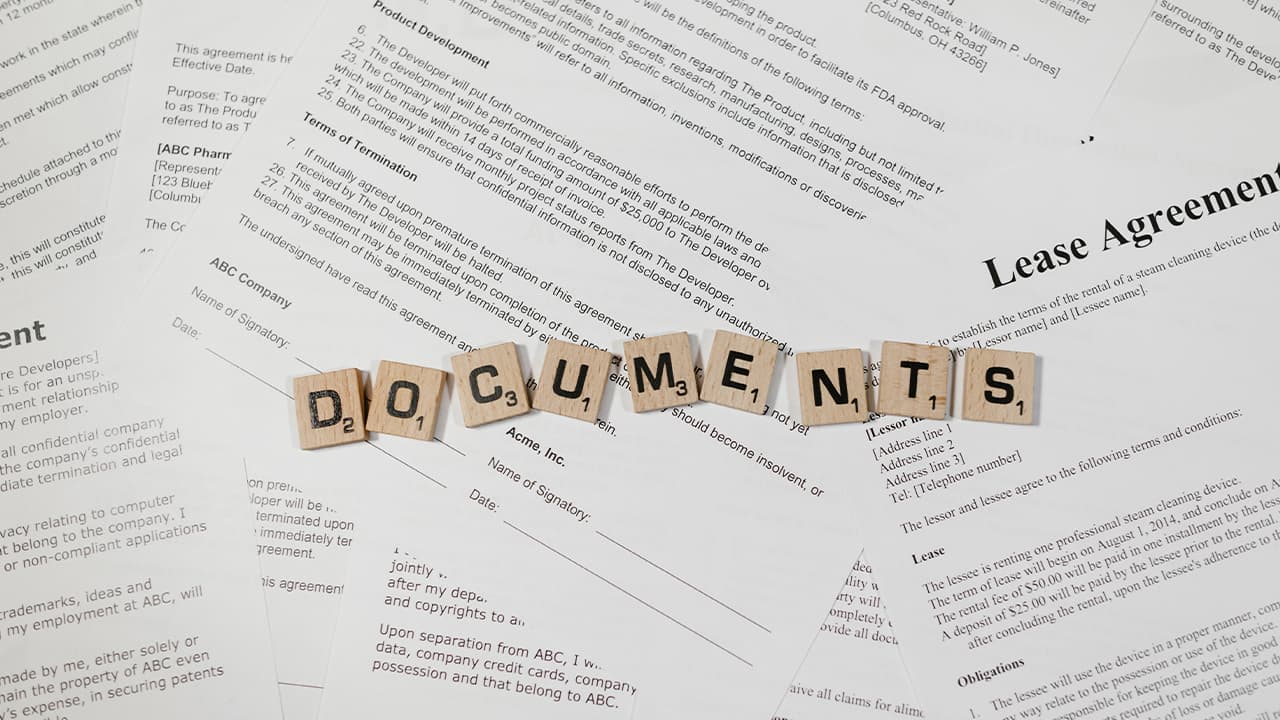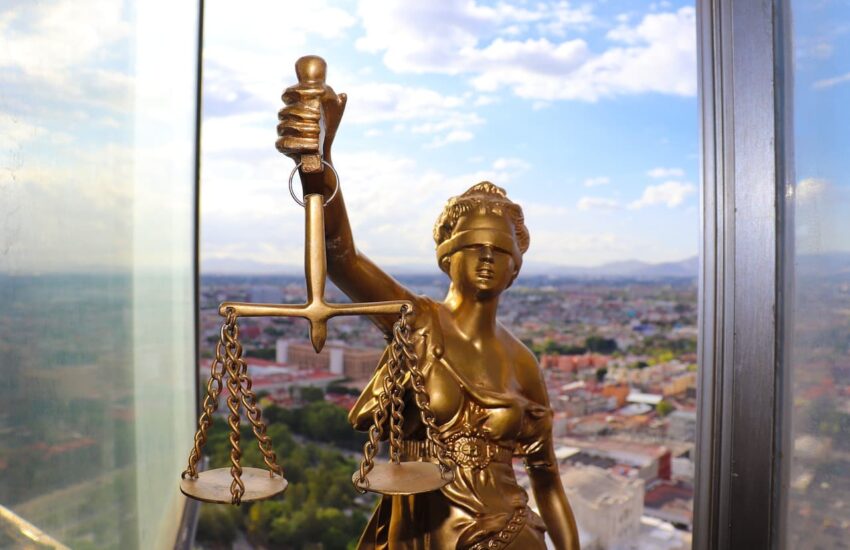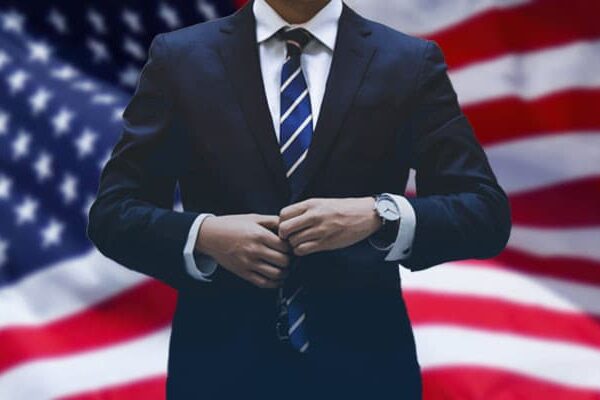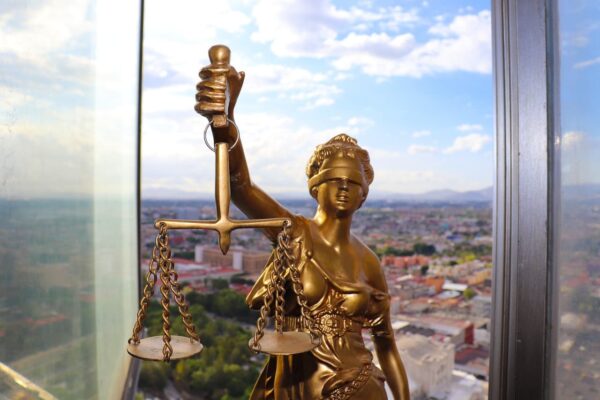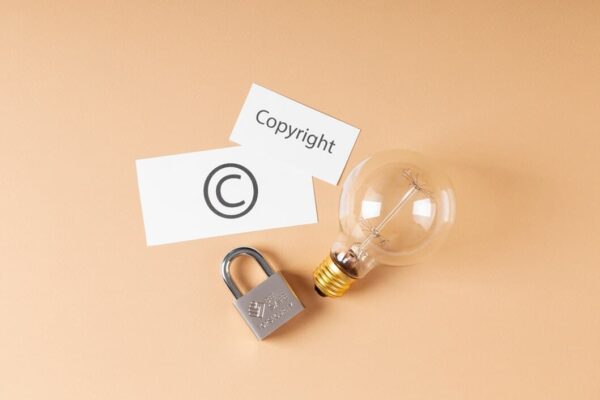Organizational forms of lawyers’ activities
Organizational forms of lawyers’ activities:
1) an individual activity in which more than half of the attorneys are engaged.
2) activities within a large company specializing in corporate advocacy. Within a company there is the following division of attorneys:
- associate – an attorney who is entitled to a portion of the profits of the law firm;
- associate – an attorney who receives a retainer from the firm. The associate’s tenure is about eight years, during which the aspiring lawyer must acquire his own clientele and begin to bring the firm a tangible income. At the end of that period, the associate either becomes a partner or leaves the firm.
3) Work in public defender’s offices, i.e. organizations that are on the state budget and are engaged in providing free assistance to indigent defendants. For example, the Legal Aid Corporation is established and funded by the U.S. Congress.
4) Work in a lawyer’s office defending the public interest (pro bono publico). This type of activity involves lawsuits against the state and corporations on behalf of certain categories of citizens (consumers, taxpayers).
5) activities within the legal department of a public organization for the purpose of judicial and claim resolution of certain issues. Such organizations include, for example, the National Union Against Racial and Political Repression, the Center for the Protection of Constitutional Rights of Citizens, associations of women lawyers and blind lawyers.
Fee practices in the U.S. are based on two basic principles:
- The attorney-client agreement is based on established practice and the recommendations of those organizations to which the practitioners are affiliated;
- Officially established rates of attorney’s fees depending on the type of rendered legal assistance (there are over 700 special tables for calculating fees for different types of services).
In addition, according to the decisions of the U.S. Supreme Court, it is recognized that the accused has the right to participate in the case from the moment of detention, and if he is not able to hire a lawyer, he is entitled to free legal assistance at all stages of the investigation and trial, as well as in appealing the verdict. In many states, only defendants facing imprisonment or the death penalty are eligible for free legal aid. Most states have established various programs aimed at funding free legal assistance from state or local government funds for qualified attorneys. This is the so-called “poor man’s benefit,” which applies to virtually any defendant who claims not to have the means to pay for an attorney.
The attorney’s services in this case are paid for by the state at a rate of $20-30, per hour, but no more than $200, per working day.
In the U.S., there are several forms of free legal aid:
1) By appointment attorneys. Assigned counsel programs are most often established in small municipalities, where the local government draws up a list of private attorneys who are willing to represent citizens in need. The list also indicates the lawyer’s specialization, on the basis of which he is selected for a particular case. The lawyer is selected by the court on the basis of a one-time assignment or by choosing from the available list. The attorney’s fees are also paid through the court from federal or state funds. In addition, the attorney must obtain the court’s prior approval of the costs associated with his or her own investigation or examination appointment;
2) by contract attorneys. The contract attorneys program involves a private practitioner who has a fee contract with the local government for a predetermined amount. The contract also specifies the number of indigent clients whose cases the attorney takes on. If the number of cases exceeds that stipulated, the contract will be renegotiated;
3) The activities of the offices of the “public defenders”. Public Defender’s Office programs provide legal assistance to virtually all indigent defendants in criminal cases. These agencies are created by local authorities: municipalities, city halls, city councils. Most agencies of “public defenders” have the status of private non-profit corporations, and lawyer-employees are formally considered public servants. Despite this, as well as state funding, such agencies are independent of the government;
4) In addition, free legal assistance from public organizations is available to persons whose cases are of important political or constitutional importance. In recent years, federal law has also established that attorney’s fees incurred by a party who sues an unlawful government action and prevails are reimbursed by the government.
An alien who is 26 years of age or older may be issued a license by a U.S. court to practice as legal counsel. The following requirements apply to the applicant:
- The applicant must have been an attorney in a foreign country for at least five years from the date preceding the application to the court;
- The applicant meets the required moral standards and the general requirements for members of a state bar association;
- The individual intends to practice law in this state as legal counsel and to open an office for that purpose.
The alien must also submit to the clerk of the court the following set of documents (with properly certified translations)
- A certificate issued by a professional organization or governmental agency in the foreign state certifying that the applicant is admitted to practice, indicating the date of admission, and confirming the validity of his or her status as an attorney;
- a letter of recommendation from a member of the executive body of such professional organization or public institution or from a judge of a superior court or court of first instance of such foreign country;
- a birth certificate.
A person licensed to provide legal counsel shall be deemed to be an attorney affiliated with the bar association of that state, shall have all the rights inherent in the other members of the association, and shall be similarly liable. Thus, a foreign attorney-licensee must submit to the issuing court an undertaking or proof of professional liability insurance in an amount determined by the court.
The basic rule of attorney conduct in the United States is absolute loyalty to one’s client. This means, in particular, the following:
- Any information relating to a pending case disclosed to a lawyer by a client is confidential. Such information cannot be unilaterally disclosed by the lawyer and no one can force the lawyer to disclose this information, including the state;
- A lawyer shall use all defence tactics in accordance with the rules of professional ethics in order to ensure a fair and impartial trial for his/her client;
- conflicts of interest, personal bias, which prevent a lawyer from actively and fully representing the client’s interests, are also grounds for a lawyer’s refusal to handle a case.
Lawyer advertising was completely banned in the United States until 1970, when the U.S. Supreme Court ruled that such a ban was unconstitutional, violating free speech. Currently, advertising is allowed in all forms except in bad faith, as monitored by the Ethics Commission and the Disciplinary Bar Association. Thus, it is forbidden to give guarantees of results in advertising.
